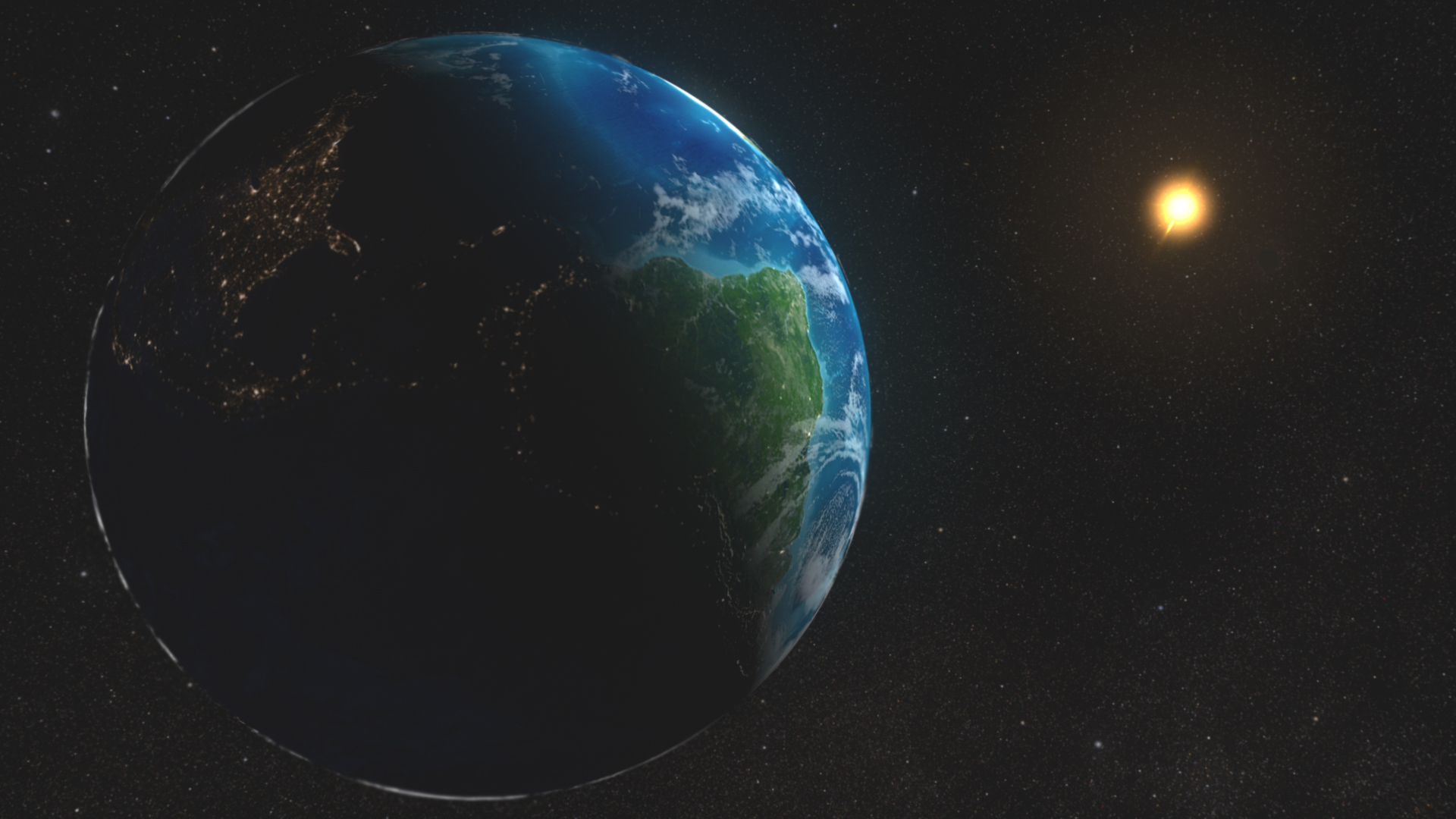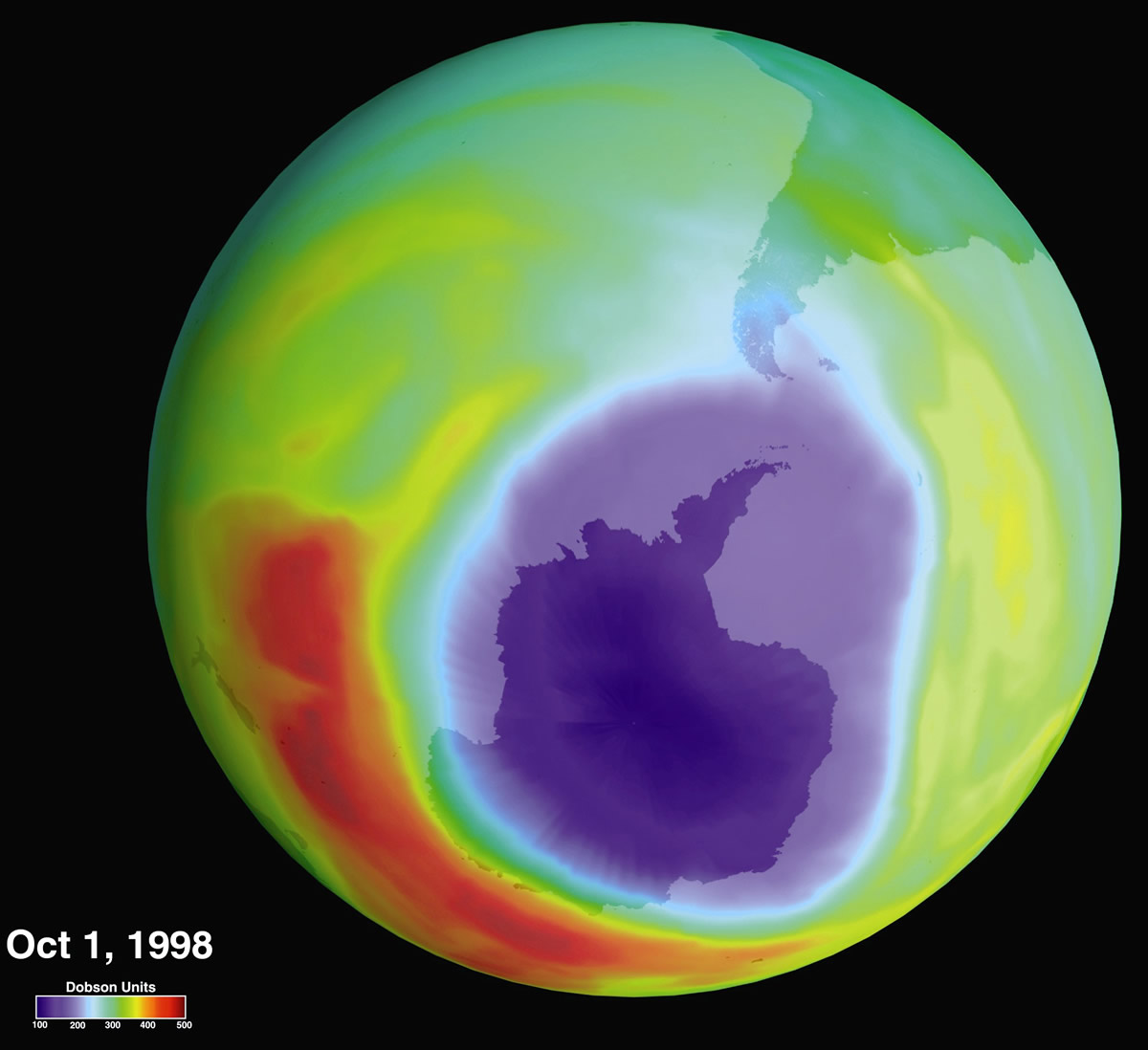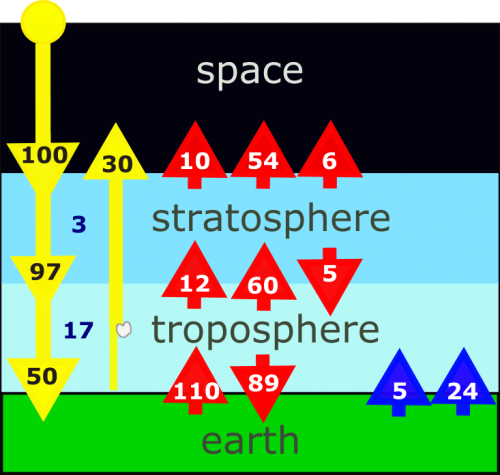
Solar variability and its effects on climate
Variations in the Sun's output, either on decadal (the 11-year sunspot cycle) or on millennium (Maunder Minimum) time scales, can have a profound effect on the climate system. However, an accurate understanding of how the atmosphere responds to irradiance changes is still elusive (see review paper by Gray et al., 2010)
My research aims to improve our understanding of the effects of solar variability on climate. For this purpose, I have explored the atmospheric response to the 11-year solar cycle in transient model simulations from the WACCM chemistry-climate model (Chiodo et al., 2012). Moreover, I quantified the portion of decadal stratospheric variability that can be unambiguously attributed to solar variability (see Chiodo et al., 2014). I have also explored the possible effects of a future solar minimum on boreal winter projections in the Northern Hemisphere (Chiodo et al., 2016).

Stratospheric ozone feedbacks
Via its modulation of the amount of UV absorption in the stratosphere, ozone provides a crucial chemistry-climate feedback. This feedback can either operate through ozone-induced perturbations in radiative forcing, or dynamical effects on the tropospheric circulation. However, the magnitude of this chemistry-climate feedback remains largely unknown. Currently, I am developing a new line of research aimed at quantifying this feedback, by assessing the impact of ozone depletion on Antarctic climate (Chiodo et al., 2017 - in press), and the role of ozone chemistry in modulating the climate sensitivity to solar (Chiodo and Polvani, 2016a) and anthropogenic greenhouse-gases (Chiodo and Polvani, 2016b).

The atmospheric energy budget
A precise knowledge of the energy fluxes on the Earth’s surface and of horizontal transports within the atmosphere is essential in understanding the dynamics of the present climate, as well as the processes driving climatic changes in the past and the future. To date, accurate budget evaluations are feasible due to the improvement of the global observational network. However, my past research revealed homogeneity issues in state-of-the-art reanalysis products, when these are used to compute long-term atmospheric energy budgets (Chiodo and Haimberger, 2010). In the future, I plan to apply global energy diagnostics on climate model integrations, to explore the processes determining the climate sensitivity to external forcings.